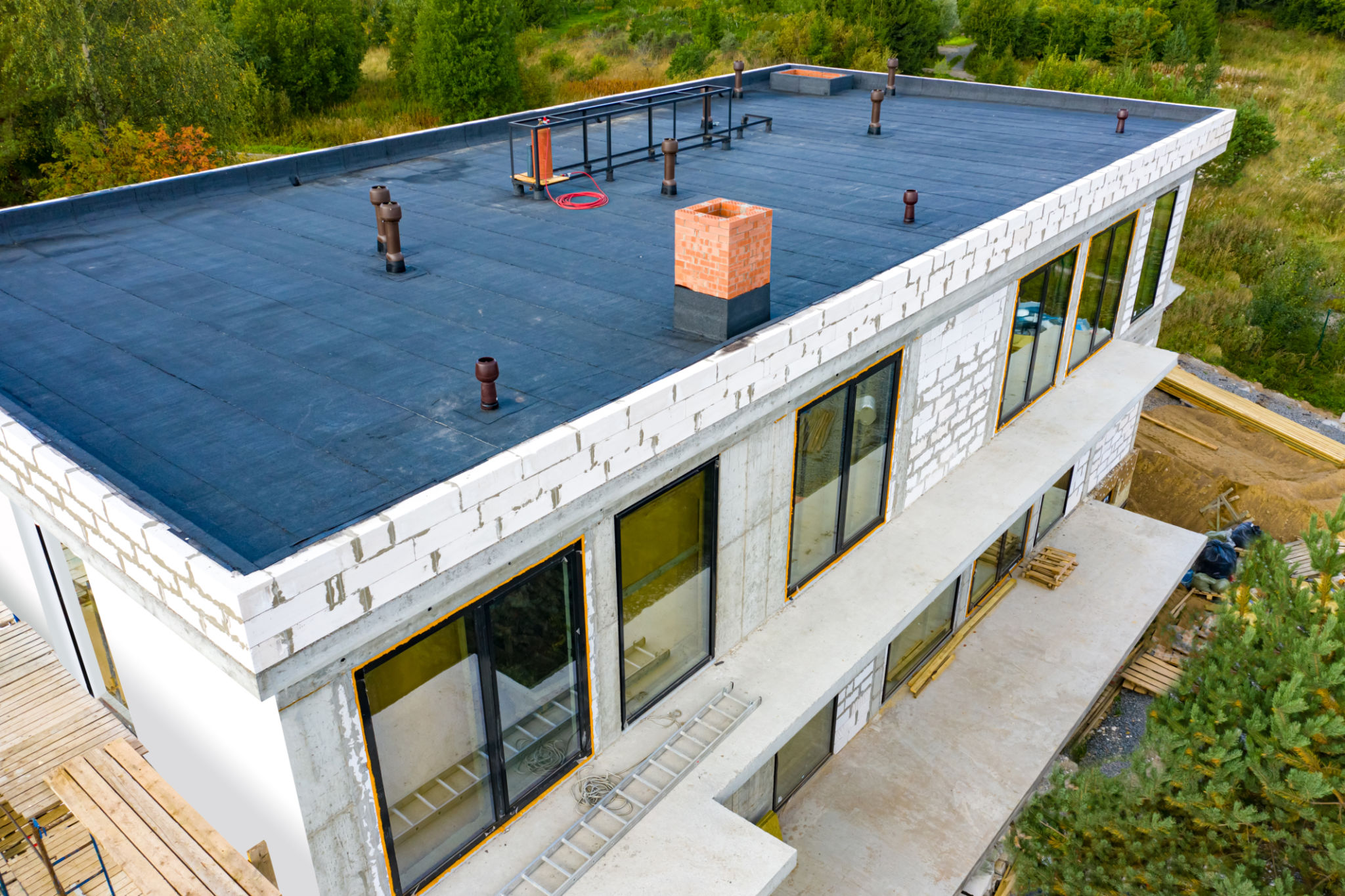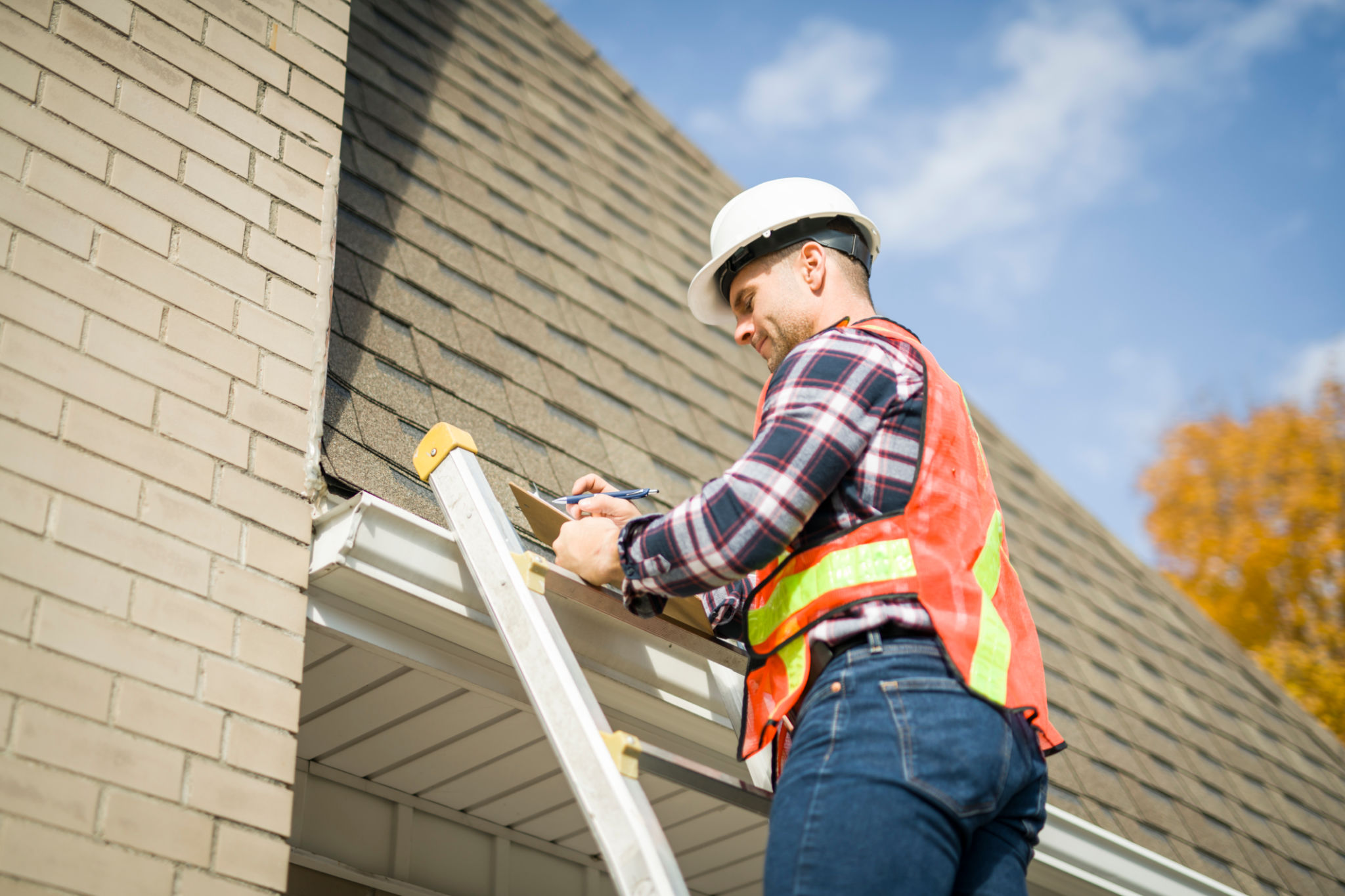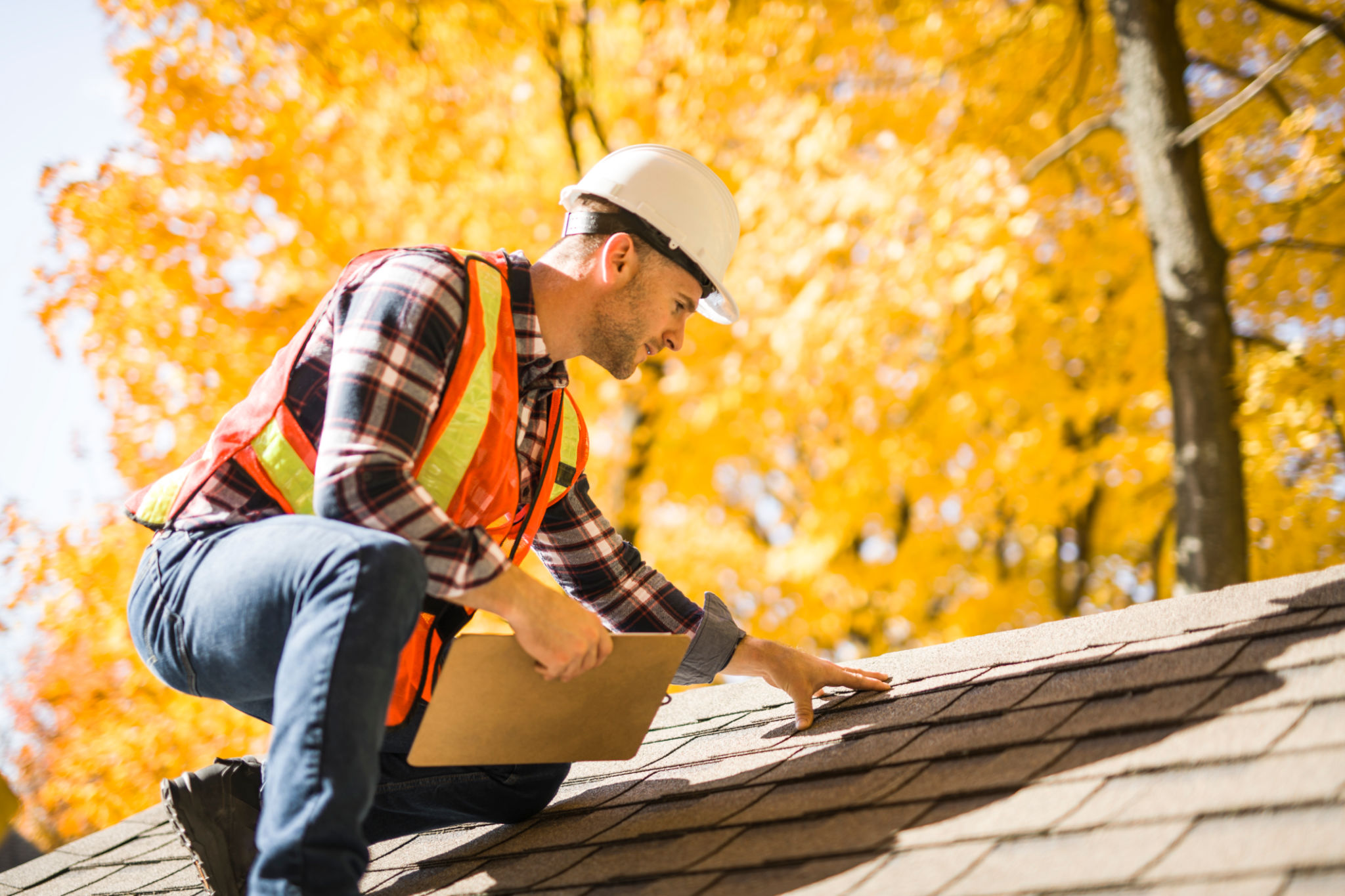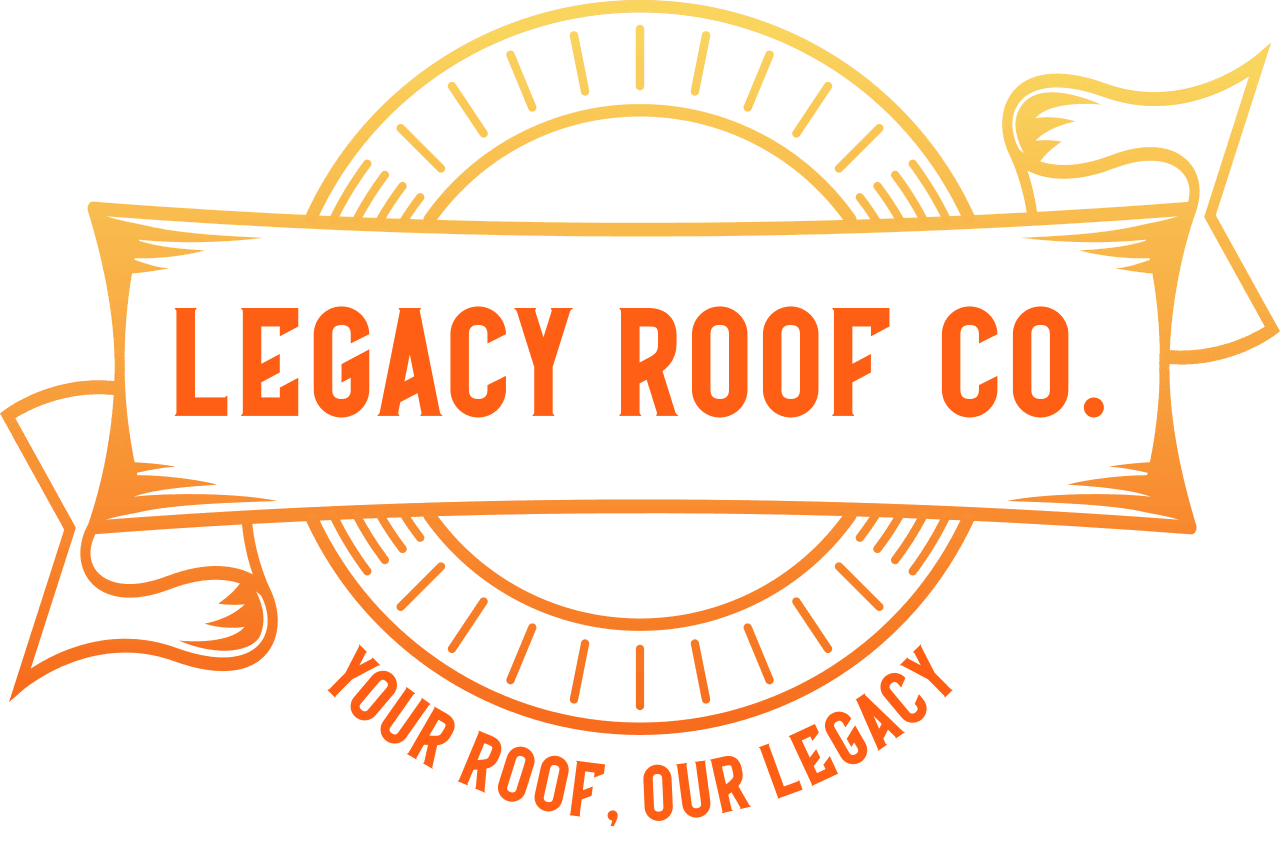Top 10 Questions About Commercial Roofing Answered by Experts
Understanding Commercial Roofing
Commercial roofing can be a complex subject, with many business owners unsure about what to look for or how to maintain their roofs. To help clarify the most common concerns, we’ve consulted with industry experts to answer the top 10 questions about commercial roofing. Whether you're considering a new roof installation or maintaining an existing one, these insights will guide you in making informed decisions.

1. What Types of Materials Are Best for Commercial Roofing?
When it comes to commercial roofing, selecting the right material is crucial. The most common materials include EPDM, TPO, PVC, and metal. Each material has its benefits: EPDM is known for its durability and cost-effectiveness, TPO offers energy efficiency and ease of installation, PVC is praised for its strength and weather resistance, and metal provides longevity and a sleek appearance.
Choosing the Right Material
The choice of material often depends on factors like climate, building structure, and budget. It's essential to evaluate these aspects carefully with a professional roofing contractor to ensure you choose a material that best suits your needs.
2. How Long Should a Commercial Roof Last?
The lifespan of a commercial roof depends largely on the material used and the quality of installation. On average, commercial roofs can last anywhere from 20 to 50 years. Regular maintenance and prompt repairs can significantly extend the life of your roof.

Factors Affecting Longevity
Weather conditions, exposure to the elements, and maintenance practices all play a role in determining how long your commercial roof will last. It's advisable to schedule regular inspections to catch any potential issues early.
3. What Are the Common Signs of Roof Damage?
Recognizing the signs of roof damage early can prevent costly repairs in the future. Some common indicators include leaks, water stains on ceilings, mold growth, and visible damage to roofing materials. If you notice any of these signs, it's important to address them promptly.
Regular Inspections
Scheduling regular inspections with a roofing professional can help identify minor issues before they become major problems. An expert can provide a thorough assessment and recommend necessary repairs or maintenance.

4. How Can I Improve the Energy Efficiency of My Commercial Roof?
Improving energy efficiency can lead to significant cost savings over time. Consider installing reflective coatings or opting for energy-efficient materials like TPO or PVC. These materials can help reduce cooling costs by reflecting sunlight and minimizing heat absorption.
Additional Considerations
Insulation also plays a key role in energy efficiency. Proper insulation can prevent heat loss in the winter and keep your building cool in the summer, further enhancing energy savings.
5. How Often Should a Commercial Roof Be Inspected?
Experts recommend having your commercial roof inspected at least twice a year, ideally in spring and fall. These inspections can help identify and address any damage caused by harsh weather conditions.

The Importance of Professional Inspections
While it’s possible to conduct basic visual inspections yourself, professional inspections are more thorough and can detect issues that might not be visible to an untrained eye. Regular professional assessments are crucial for maintaining your roof's integrity.
6. What Is the Cost of Replacing a Commercial Roof?
The cost of replacing a commercial roof varies depending on factors such as the size of the building, the type of materials used, and the complexity of the installation. On average, commercial roof replacement can range from $5 to $12 per square foot.
Budgeting for Replacement
It's essential to budget for potential roof replacement expenses. Consulting with a roofing expert can provide a more accurate estimate based on your specific needs and conditions.
- EPDM: Durable and cost-effective.
- TPO: Offers energy efficiency.
- PVC: Known for strength and weather resistance.
- Metal: Provides longevity and aesthetic appeal.
By understanding these key aspects of commercial roofing, you can ensure your building is well-protected and efficiently managed, saving both time and resources in the long run.
